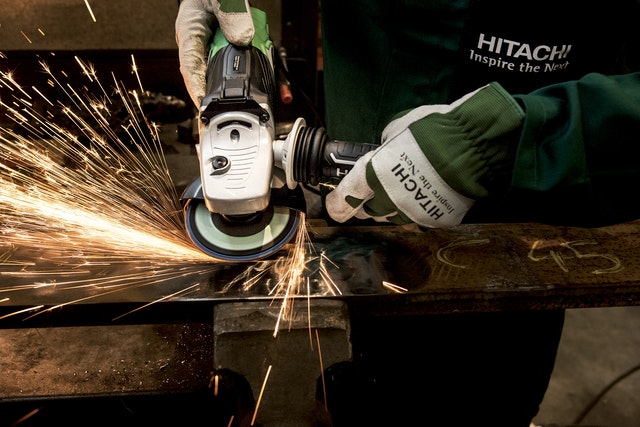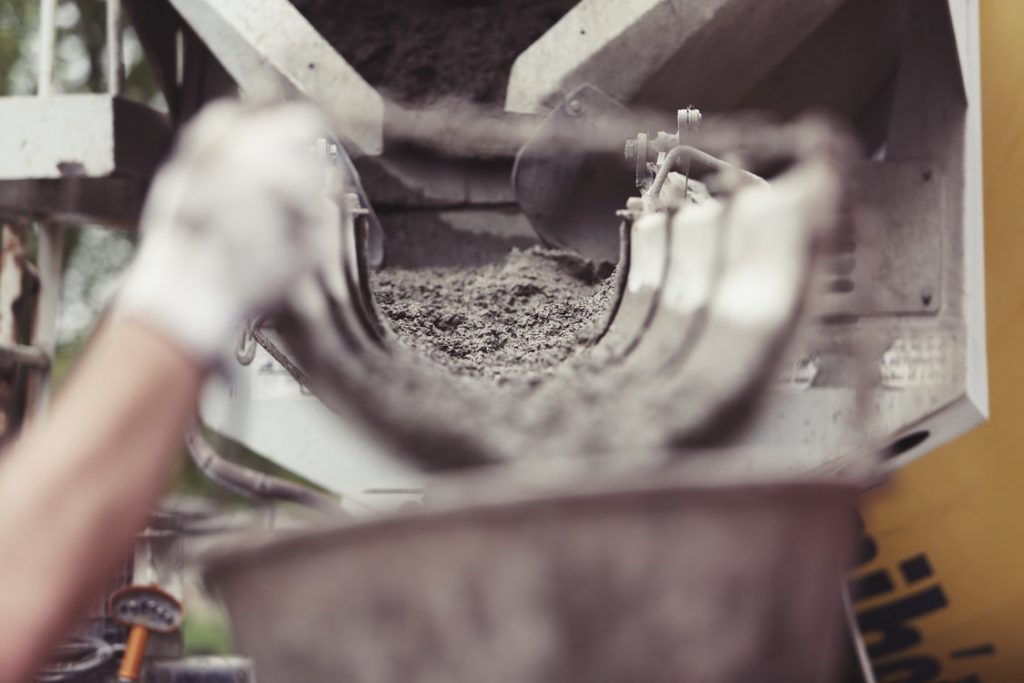When you’re looking to purchase new construction tools, it’s vital to know exactly what you’ll be using them for. Most equipment is designed for a specific purpose, so it’s important to consider how you’ll use the tools.
Whether you’re starting a new project or expanding an existing one, it’s essential to determine how much equipment you’ll need and what types of tools will help you best meet your needs. Choosing the correct tool for the job will ensure that you’re getting what you need and saving money.
A useful tool is portable. Large tools are not practical for home use. However, they’re essential for a construction site, so a lightweight model is recommended. If you’re a beginner, you probably won’t be able to transport large machinery. As a result, you should pick tools that you can easily transport in a light truck.
Going for Larger Construction Tools
If you’re a more experienced contractor, you can choose larger tools, but you may have to invest in another vehicle. For beginners, it’s best to save your money and buy other tools later. When choosing construction tools, you need to consider the amount of time you’ll need to use them.

If you plan to use them often, then you’ll likely need larger tools. Heavy construction tools can be bulky and expensive. A lighter tool with a higher power is better for home use. The best choice for a beginner is a light truck. Bigger tools can be very expensive and need a large vehicle, so they’re better for professionals.
When deciding which construction tools or equipment to buy, consider how often you’ll be using them. A hammer that is shaped like a letter “T” can be used to drive a wedged hammer into a hard surface. This will pulverize the material and break it apart for easier removal. Get a quick cost-effective deal on YRCO Scissor Lifts when you see this resource.
This tool is meant for two-handed use and should be used under supervision. A jackhammer is loud and requires a power outlet. A compressor is a handy addition to any tool collection. When choosing construction tools, consider your budget.
Construction Tools and Equipment for Beginners
If you’re a beginner, you may not be able to transport large machinery and need to save money for other smaller tools. You might be able to purchase some larger machines later, but it’s best to start small. If you’re a professional, you can buy the big tools you need.
And if you’re a homeowner, you can afford to replace all of them, especially if you have a spare vehicle. It’s important to consider your budget when buying construction tools and equipment. First, consider the duration of your need.
While some tools are too bulky for home use, others are more convenient for use on a construction site. You should also take into consideration the environment where you’ll be using the tools. In some cases, construction tools are more appropriate for a home environment than for a commercial business.
Secondly, consider your budget. Some tools are too big to be used at home. You don’t want to purchase a heavy tool that you won’t use frequently. While it might seem easy to choose a hammer, a drill, and a power saw, it’s important to keep the weight in mind when purchasing tools.
Concluding Words
You don’t want to overpay for a tool you can’t use! When choosing the right tools, remember to consider your budget. Many construction tools are too bulky for home use and require constant repair. Some are too expensive for home use and are best for construction sites.
Some can be rented, but you’ll have to pay for maintenance or repair costs yourself. In most cases, you’ll be able to recover the costs in just a few years. And you’ll need to have a working knowledge of the tools you’ll be using.
When it comes to choosing construction tools and equipment, make sure to consider the size and weight of the tools you need. Some are too big for home use. While they aren’t practical to use on a daily basis, they can be an important asset on a construction site.
If you’re looking for a saw, you can use a sawhorse. Besides being portable, sawhorses are also useful for other construction tasks.

